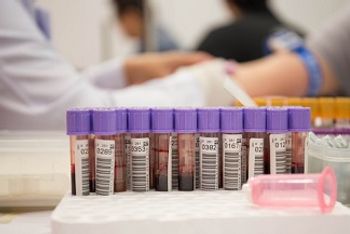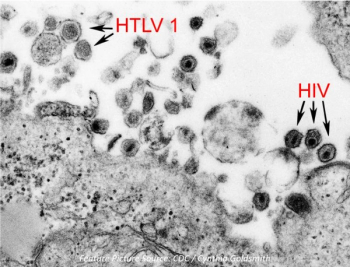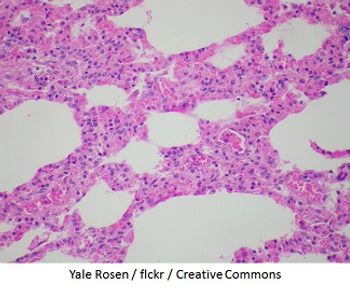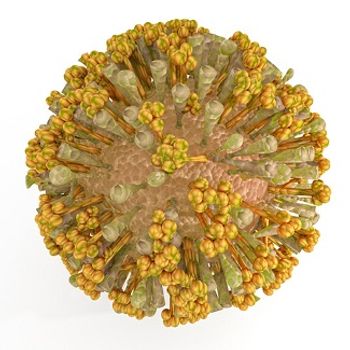
The US Food and Drug Administration (FDA) has approved once-daily oral Truvada to reduce the risk of sexually acquired HIV-1 in at-risk adolescents, in combination with safe-sex practices.

The US Food and Drug Administration (FDA) has approved once-daily oral Truvada to reduce the risk of sexually acquired HIV-1 in at-risk adolescents, in combination with safe-sex practices.

The California Department of Public Health warns consumers to avoid the consumption of raw oysters harvested in British Columbia due to risk of contamination.

The FDA has approved an additional claim for Roche’s cobas Zika virus test, allowing for the screening of several individual blood or plasma donations that have been pooled together.

A newly identified porcine virus has been found to be able to get into human cells in the laboratory setting.

A new analysis shows Invasive Aspergillosis remains rare but has become more common. On the positive side, hospitalization length and mortality rates have dropped.

A new study suggests that for simple PCR-based detection of C. diff, dry rectal swabs were an effective substitute to the use of stool samples.

In case you missed them, we’ve compiled a list of the latest recalls posted this week.

Brain damage caused by HIV can begin soon after infection, according to new research, but initiating antiretroviral therapy drugs can halt the damage.

In case you missed them, we've compiled the top 5 articles from this past week.

A new study shows the benefits of widespread antibiotic distribution, but what about concerns about encouraging antibiotic resistance?

An ambitious new trial aims to confirm that people living with HIV can be kidney donors to HIV recipients, shortening the time those recipients wait for a transplant.

Rates of a lesser known virus related to HIV called HTLV-1 have surged in some of Australia’s Aboriginal communities, and now the country’s health officials are facing a global outcry to act.

A study shows that pharmacist-driven education and encouragement of antibiotic self-stewardship can decrease the duration of therapy for broad-spectrum antibiotics.

A recent review article looks at literature exploring risk factors and C. diff epidemiology to inform future preventive strategies.

The FDA has launched an investigation into a multistate outbreak of Burkholderia cepacia that has been linked with cleansing foam used in hospitals and home-health care settings.

An FDA inspection at Rose Acre Farms’ Hyde County Farm found rodents, insects, and poor sanitation shortly before the announcement of the multistate Salmonella outbreak.

A new report by Global Health Technologies Coalition assesses the economic impact of cuts to global health R&D on the economies of US states.

An economic evaluation finds that a bundled approach of stronger hand hygiene and improved environmental cleaning proved to be the best combination for reducing C. diff.

A new literature review offers a summary of the latest research into uncomplicated bacteremia.

A phase 2 trial of an experimental universal flu vaccine is moving forward with sponsorship from The National Institute of Allergy and Infectious Diseases.

A recent study finds that ibrutinib may be associated with serious infections in patients with lymphoid cancer.

The burden of prostate, breast, and lung cancers among those living with HIV is expected to rise by 2030.

Novavax announces that enrollment in phase 3 Prepare trial has reached approximately 4,600 participants, of whom, at least 3,000 have received the RSV F vaccine.

Combatting CRE requires analysis trends within patients - a new study is filling the void.

If clinical development progresses, the PaxVax vaccine could potentially become the first vaccine approved by the FDA for the prevention of chikungunya.

A recent study finds high dose of oral vancomycin may be optimal treatment for C. difficile.

In case you missed them, we’ve compiled a list of the latest recalls posted this week.

Stay up-to-date on the latest infectious disease news by checking out our top 5 articles of the week.

The World Health Organization has a new way to identify cost-effective measures to address the increasing prevalence of drug-resistant HIV in sub-Saharan Africa.

A recent study has found that a single-dose of Merck's Ebola vaccine delivers antibodies that can last for 1 to 2 years.